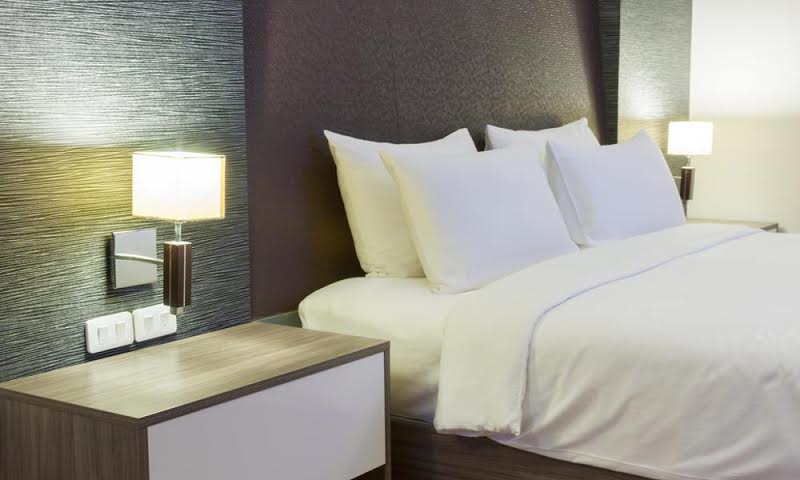In today's competitive hospitality industry, maintaining a good reputation is crucial for any hotel. One of the key elements that can make or break a hotel's reputation is its cleanliness and safety. This is why every hotel should have a pest monitoring plan in place. The presence of pests can lead to numerous issues such as health hazards, property damage, and a tarnished reputation. Implementing a pest monitoring plan is not just a preventive measure; it's an essential part of hotel management.

The Importance of Pest Monitoring in Hotels
Hotels are bustling hubs of activity, attracting guests from around the world. This high foot traffic makes them susceptible to pest infestations. Without a pest monitoring plan, hotels may unknowingly harbor pests like rodents, bed bugs, and cockroaches. These pests are not only a nuisance but also pose significant health risks to guests and staff.
A proactive approach to pest monitoring helps hotels identify and address potential pest issues before they spiral out of control. It is essential for maintaining a hygienic environment and ensuring guest satisfaction. For example, implementing a staff training program in pest detection can empower employees to spot early signs of infestation, allowing for swift action.
Protecting Hotel Reputation
A single pest sighting can lead to negative reviews and social media backlash, damaging a hotel's reputation. In today's digital age, news spreads quickly, and a single incident can reach a wide audience. Therefore, having a pest monitoring plan in place is crucial for protecting a hotel's reputation.
Guests expect a clean and safe environment when they stay at a hotel. By consistently monitoring and managing pests, hotels can ensure they meet these expectations. This proactive approach can enhance guest experiences, leading to positive reviews and repeat business. To understand more about this, consider exploring the hospitality pest control services offered by experts in the field.
Health and Safety Concerns
Pests are notorious carriers of diseases, posing significant health risks to both guests and staff. For instance, rodents can spread diseases such as Hantavirus and Salmonella, while bed bugs can cause skin irritations and allergic reactions.
By implementing a comprehensive hotel pest monitoring program, hotels can mitigate these risks. Regular inspections and timely interventions ensure that pest issues are addressed promptly, safeguarding the health and safety of everyone on the premises.
Preventing Property Damage
Pests can cause extensive damage to hotel property if left unchecked. Rodents, for example, are known to chew through electrical wiring, which can lead to electrical failures or even fires. Similarly, termites can compromise the structural integrity of a building.
A well-designed pest monitoring plan helps hotels detect signs of pest activity early, preventing costly repairs and ensuring the longevity of the property. For more insights on maintaining a pest-free environment, you might find this article on rodent-safe practices helpful.
Implementing an Effective Pest Monitoring Plan
Developing and implementing a pest monitoring plan requires a strategic approach. It involves regular inspections, staff training, and collaboration with professional pest control services. By understanding the specific pest challenges in their region, hotels can tailor their monitoring plans to address local issues effectively.
For a comprehensive overview of designing a pest monitoring program, consider reading this guide on designing effective plans.
Collaborating with Professionals
Partnering with professional pest control services is essential for implementing a successful monitoring plan. These experts have the knowledge and experience to identify potential pest threats and provide tailored solutions.
Regular consultations and treatments from professionals ensure that hotels remain pest-free and compliant with health and safety regulations. Working with experts not only provides peace of mind but also allows hotel staff to focus on delivering exceptional guest experiences.

FAQs
Why is pest monitoring crucial for hotels?
Pest monitoring is crucial for hotels because it helps maintain a clean and safe environment for guests and staff. It prevents health risks, property damage, and negative impacts on the hotel's reputation.
What are common pests found in hotels?
Common pests found in hotels include rodents, bed bugs, cockroaches, and termites. Each of these pests poses unique challenges and requires specific monitoring and control measures.
How can hotels prevent pest infestations?
Hotels can prevent pest infestations by implementing a comprehensive pest monitoring plan, conducting regular inspections, training staff for early detection, and collaborating with professional pest control services.
